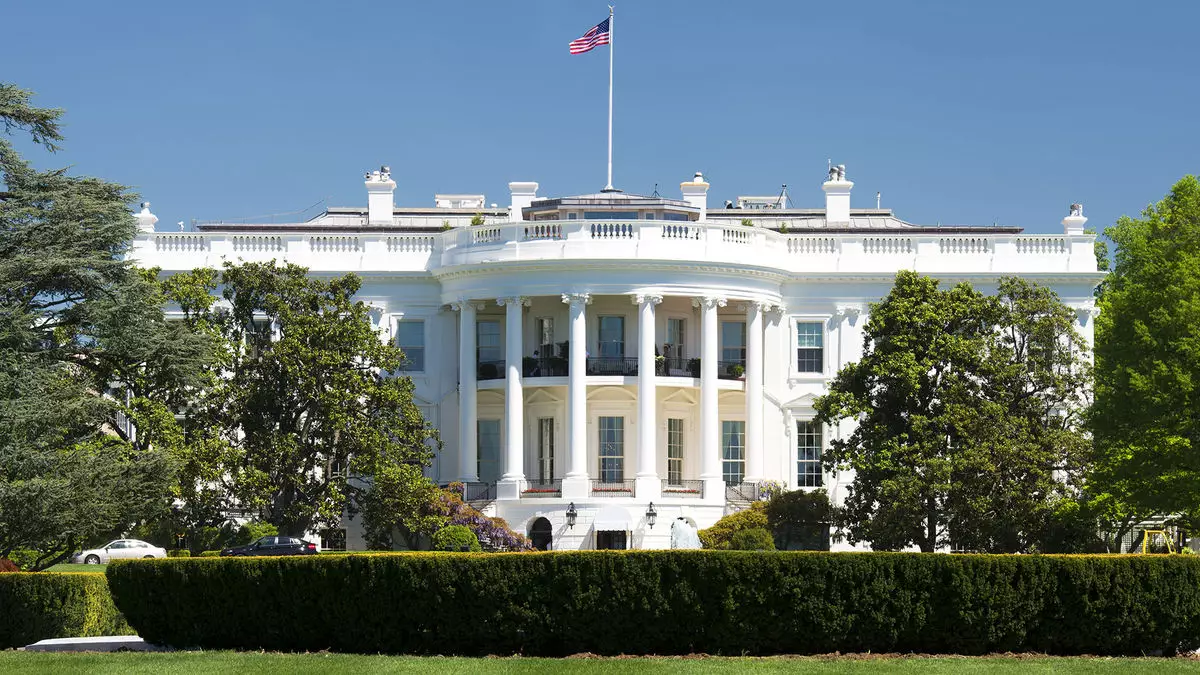The political landscape in Washington D.C. is undergoing a transformation following the re-election of President Donald Trump. With fresh nominations for Cabinet positions and new leadership emerging on Capitol Hill, there’s much speculation around how this administration will impact various sectors, including travel. The American Society of Travel Advisors (ASTA) remains steadfast in its mission amidst these changes. Current environment dictates both adaptation and opportunity for advocacy efforts in support of travel advisors.
Consistent Advocacy Despite Changing Administrations
As Jessica Klement, ASTA’s vice president of advocacy, insightfully notes, “Administrations change, but our priorities do not.” This statement encapsulates the organization’s unwavering commitment to representing the interests of travel advisors. The travel industry has faced numerous hardships over the past few years, making the role of advocacy even more crucial now. While there may be an inclination to speculate on how a Trump administration might approach business policies more favorably than the previous one, Klement emphasizes that their agenda remains focused on advocating for travel advisors—not just complying with political trends.
Klement alludes to the potential for leveraging a more business-friendly atmosphere under Trump. This opens doors to discussions about policies that were previously ignored during the Biden administration. From the standpoint of ASTA, there seems to be a renewed opportunity to press for policies that ensure travel advisors are treated fairly and can advocate effectively for their clients.
Core Priorities in the Spotlight
Despite a shifting political terrain, Klement identified some steadfast priorities that ASTA will continue to pursue. A critical issue is the Department of Transportation (DOT) rule, which holds the “merchant of record” responsible for refunding airline passengers when flights are canceled or significantly altered. Since travel agencies typically do not assume the role of the merchant of record for air sales, Klement argues for a stipulation that would relieve them of the financial burden of refunds unless they actually possess the funds from the airline.
Another significant area of concern for ASTA is a Department of Labor overtime rule. This rule changes the threshold for employees eligible for overtime pay—set to rise from $43,888 to a staggering $58,656 on January 1. A similar rule was previously initiated under the Obama administration but was quashed when Trump took office. With the current electoral climate possibly signaling a shift back to more favorable labor policies, ASTA is poised to navigate these complexities effectively and advocate for travel advisors regarding reasonable compensation practices.
As the political dialogue around travel bans and “junk fee” legislation evolves, Klement emphasizes the need for ASTA members to remain vigilant. There are several legislative issues on the radar, and the organization aims to secure a dedicated seat for travel agencies on the DOT’s Aviation Consumer Protection Advisory Committee. This move could ensure that travel advisors have a voice in shaping policies that directly affect their operations and clientele.
In addition to monitoring these pressing matters, Klement encourages ASTA members to actively engage with newly-elected officials. Sending a simple congratulatory email can foster good relationships and create communication channels with those in power. These interactions can also lay the groundwork for future dialogue, making it easier for travel advisors’ concerns to reach the appropriate legislative ears.
Overall, while the political landscape in Washington is marked by uncertainty, ASTA’s strategic navigation presents significant opportunities for the travel advisory sector. By holding true to their advocacy mission and placing emphasis on pivotal issues like the DOT refund rule and overtime pay, ASTA is positioned to make significant strides. The effectiveness of these advocacy efforts will largely depend on the collective action of travel advisors and their proactive engagement with lawmakers.
The continued support of ASTA underscores the crucial role of advocacy in the travel ecosystem, especially as it shapes the industry’s recovery from pandemic-related setbacks. Change may be constant in Washington, but the commitment to support travel advisors—and make the case for their rightful place in the marketplace—remains a top priority for the organization, as they do not waver in their mission amidst the political tides.


Leave a Reply